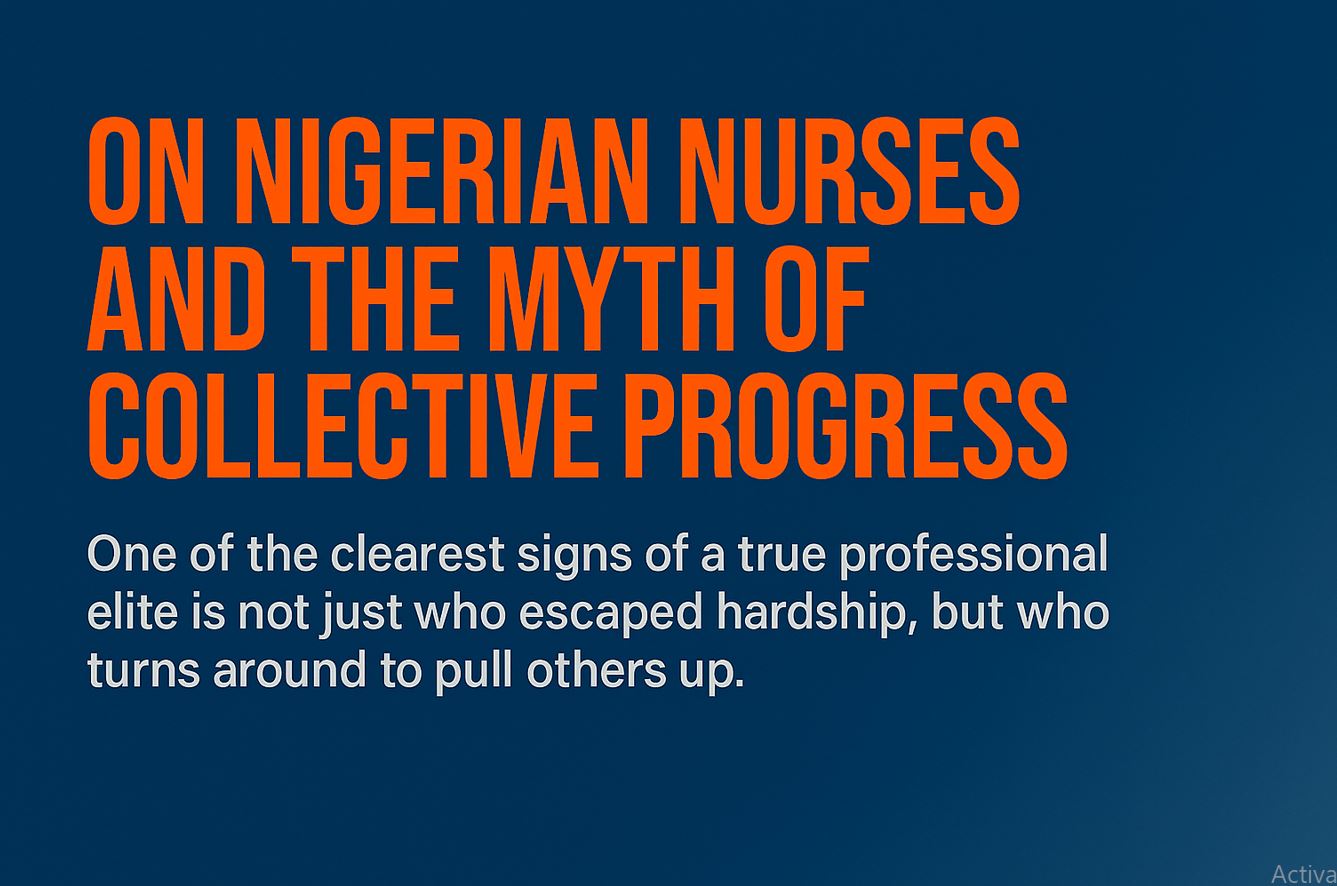In the ongoing global battle against tuberculosis (TB), the World Health Organisation (WHO) has underscored the enduring value of the Bacillus Calmette–Guérin (BCG) vaccine — especially when it comes to protecting young children from the most severe and life-threatening forms of TB, such as TB meningitis and bone tuberculosis.
Despite medical advances and promising vaccines on the horizon, the BCG vaccine continues to stand as a critical defense for children, particularly in regions where tuberculosis remains widespread and difficult to diagnose. Experts from WHO emphasize that sustaining childhood BCG vaccination is not just advisable — it’s essential.
Why BCG Still Matters in TB Prevention
For young children, early diagnosis of TB can be extremely challenging due to subtle or overlapping symptoms, making preventive protection through vaccines even more critical. According to Dr. Jean-Louis Foe, WHO Technical Officer for Tuberculosis at the Regional Office for Africa, the BCG vaccine plays an irreplaceable role in reducing the burden of disease in children, especially in high-risk areas.
“While the protective effect isn’t absolute, the BCG vaccine is still the most reliable line of defense for children under five, particularly in situations where they’ve been exposed to an infectious TB case,” Dr. Foe explained.
Unlike adults, who are more likely to have been exposed to TB bacteria at some point in their lives, children are especially vulnerable — and for them, this century-old vaccine still serves as a crucial layer of protection.
The Future: New Vaccines and Preventive Therapies on the Horizon
While the BCG vaccine remains vital, WHO is also looking ahead. Dr. Foe revealed that several new TB vaccines are under development — specifically designed for adult populations — and hold the promise of offering broader and stronger protection. Until these new solutions are ready, the BCG vaccine will remain the best available safeguard for children.
Additionally, preventive therapies, such as one-month or three-month medication regimens, are available for individuals who have been exposed to TB — and these have proven to be well-tolerated and highly effective, especially for people living with HIV, whose immune systems are more vulnerable.
The Bigger Picture: Fighting TB in Africa and Beyond
Tuberculosis remains one of Africa’s most persistent health challenges, driven by deep-rooted social and economic factors like poverty, malnutrition, diabetes, and HIV. In 2023 alone, Africa accounted for an estimated 2.5 million new TB cases — roughly a quarter of the global tally — and tragically, about 400,000 people lost their lives to the disease, a staggering reminder that TB still claims one life every minute.
While there has been some progress — a 24% decline in TB incidence and a 42% reduction in mortality since 2015 — these gains fall short of the global target of eliminating TB by 2030. The gap between ambition and reality remains wide, and much of that gap is financial.
Dr. Foe highlighted that while African governments are stepping up local efforts, the region’s TB response still faces a staggering annual funding shortfall. “We need $4 billion for our yearly TB response plan in Africa, but right now, we’re only securing about $900 million,” he noted. He also warned that recent cuts to international aid — particularly from the United States — risk stalling critical services, from diagnostics to treatment access.
The Takeaway: Vaccination is a Start, But Not the End
The WHO’s message is clear: while the BCG vaccine continues to save lives and reduce suffering in children, the fight against tuberculosis requires sustained investment, both in prevention and in treatment. Countries, health systems, and communities must view the BCG vaccine not as a standalone solution, but as part of a larger, collective effort to push TB out of the spotlight once and for all.
And until new vaccines and therapies fully arrive, ensuring every child is vaccinated with BCG — especially in high-burden regions — remains one of the simplest, most effective steps any country can take.




